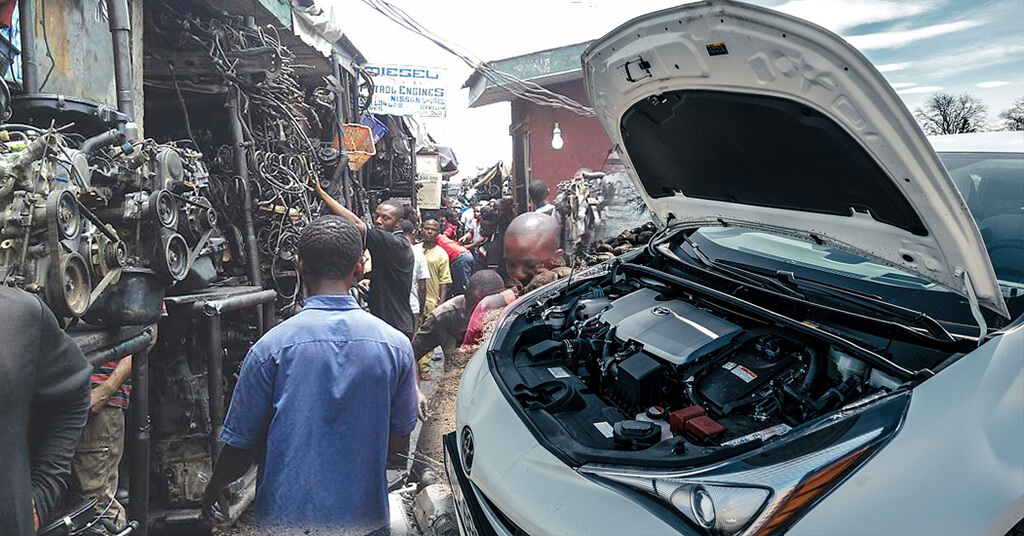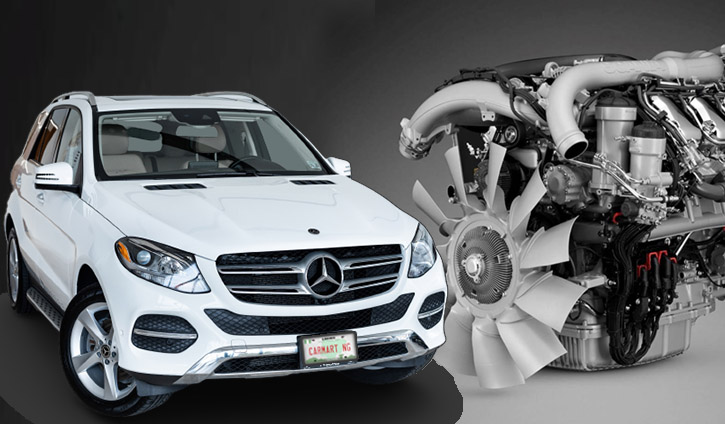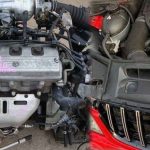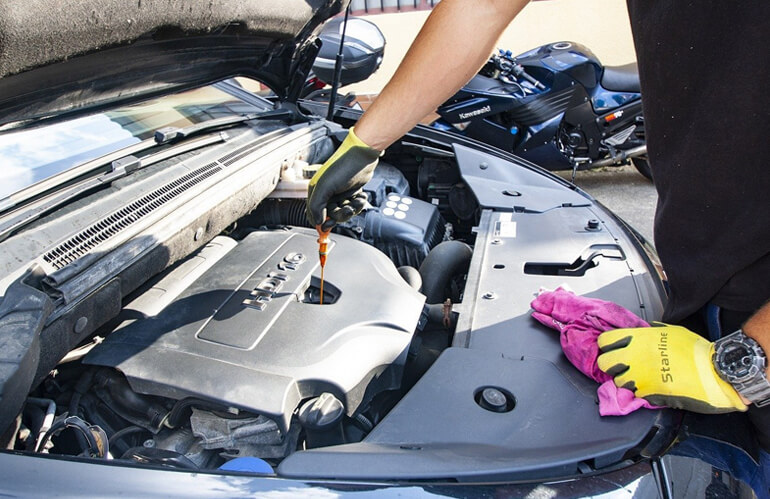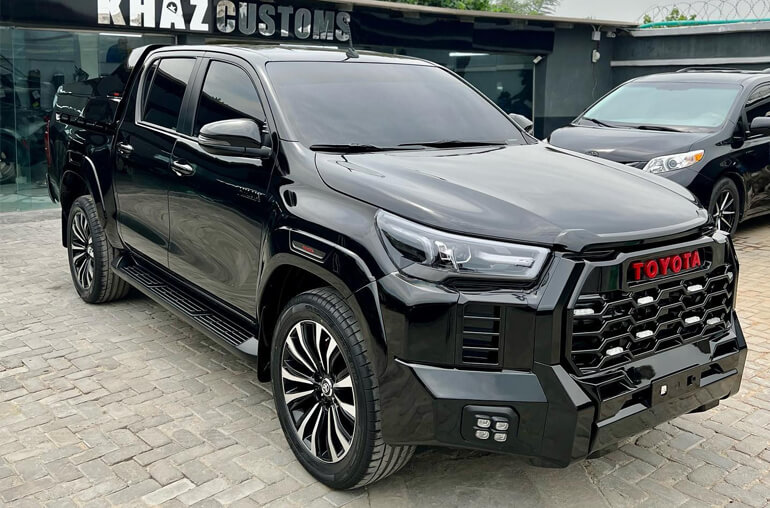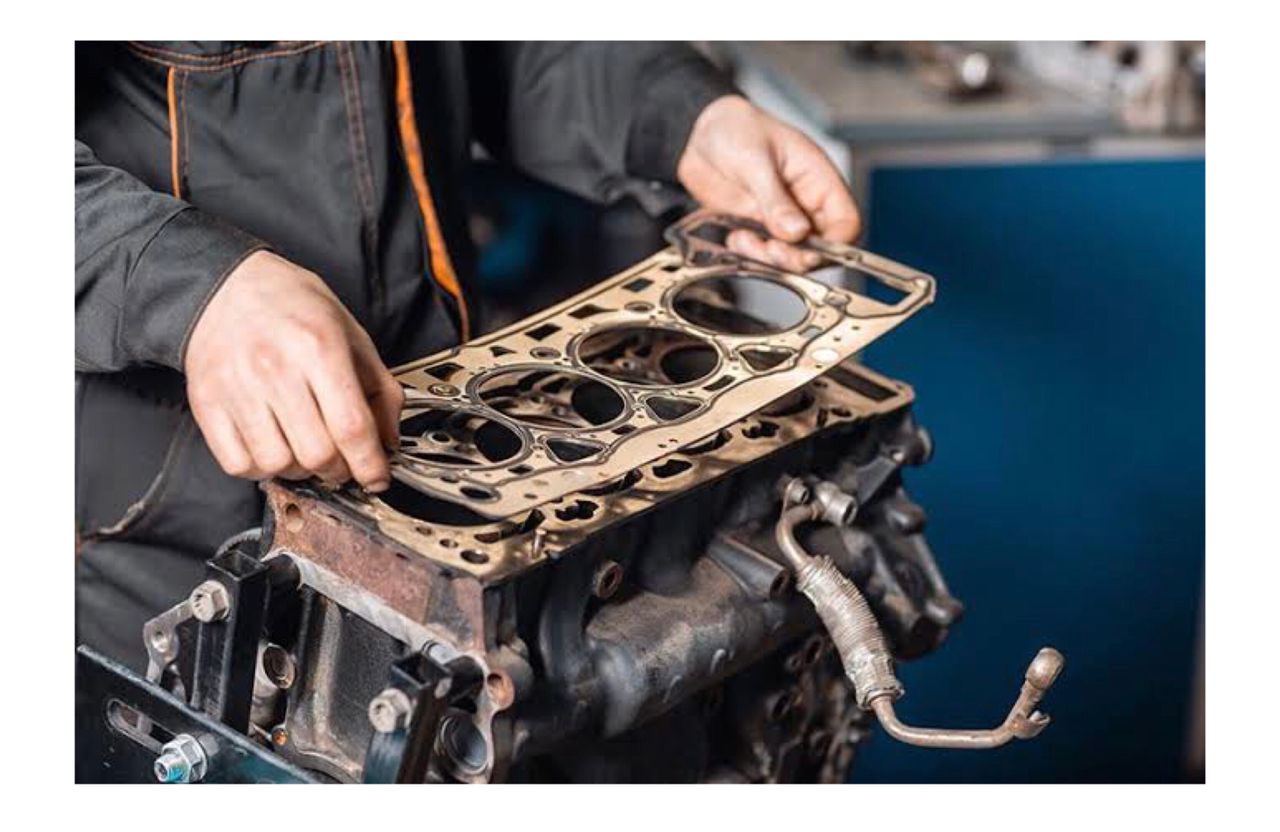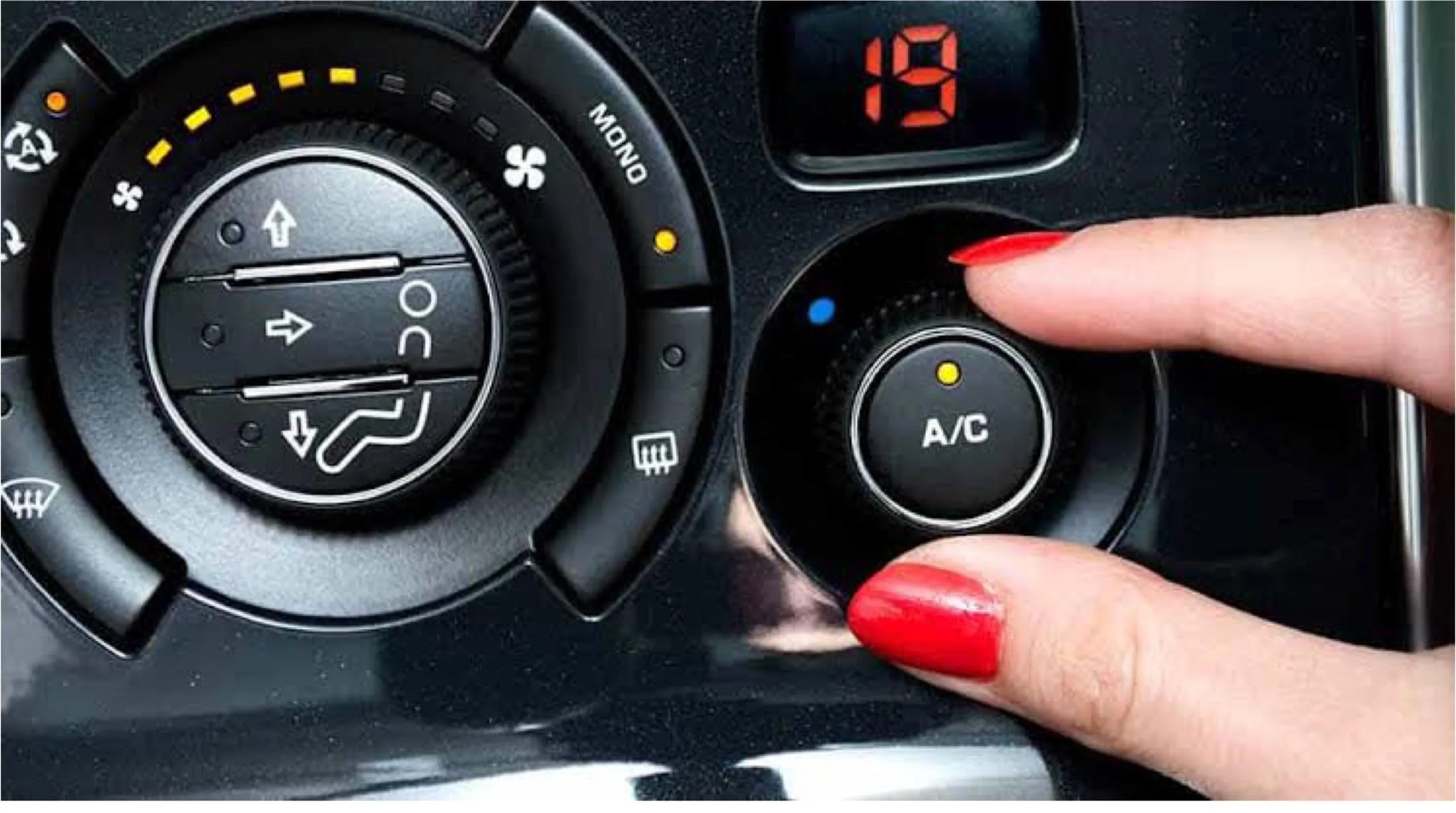When it comes to engine type, there are many factors to take into account. Are you more concerned with performance or fuel economy? If you choose a bigger engine, could you be hit with a fuel bill and more maintenance? Of course, another important consideration is the way you operate your car. Choosing a new car might be difficult with all these factors to consider, not to mention all the additional parts that go into a car! Because of this, it’s frequently wise to conduct some preliminary investigation. The fundamentals of engine types are described below to assist you in getting started.
Table of Contents
What Available Engine Types Exist?
Not too long ago, there weren’t all that many different engine types available for cars, and the two options were petrol and diesel. However, there is now a far wider range of options thanks to technical improvements and the emergence of hybrid and electric vehicles. Nonetheless, the majority of engines can be divided into four groups:
Buy top trending Car accessories in Lagos and Original Korea Battery now Check @carfanzy Lagos on Instagram
- 1.0 litre and under
Diesel vehicles with engines smaller than 1.6 litres are less prevalent for 1.0-litre engines and under, and they don’t exist below 1.0 litres. Hence, if you’re seeking a modest engine, a petrol vehicle is definitely what you need. Take in mind, though, that you may need to push the engine rather hard to gain speed or overtake other vehicles. Also, the engine can struggle if you frequently carry a few passengers, so you might want to think about something larger.
Engines of 1.0 litres or less generally have three or four cylinders and may feature turbochargers for additional power. Many small city cars, as well as slightly larger vehicles like the Ford Ranger, have engines of this size.
- 1.0-2.0-litre engines
With an engine of between 1.0 and 2.0 litres, the vehicle will generally have four cylinders. A turbo may also be added for extra horsepower. For petrol engines, the most common size in this category is 1.4 litres, while for diesel engines, it’s 1.6 litres.
This engine capacity is often seen in larger SUVs like the Toyota Highlander as well as mid-sized family cars like the Volkswagen Golf and Peugeot 308.
- 2.0-3.0 litres Engines
Many larger cars use an engine size of 2.0 litres to 3.0 litres, which is typically a four-cylinder turbo. This group of engines includes those found in the BMW 3 Series as well as in cars like the Audi Q5 and VW Golf.
Your car will undoubtedly have a lot of power with larger engines up to 3.0 litres, but you must be mindful of your fuel usage. These automobiles don’t use a lot of gasoline efficiently.
- 3.0 litres and greater
A car with an engine larger than 3.0 litres and six, eight, or even twelve cylinders will undoubtedly have a lot of horsepowers. But, just like the vehicles in the preceding group, their fuel efficiency isn’t the best. Big saloons, estates, and SUVs like the Range Rover and Mercedes E-Class also feature engines above 3.0 litres, so these engines aren’t just found in supercars and high-end vehicles. You may quickly find out what size engine your current car has by consulting the owner’s manual.
It’s a good idea to find out the size of your current engine before purchasing a new car because that should give you a fairly good sense of what size engine you’ll need moving forward. You could want to get a larger engine if you’ve discovered that you don’t have adequate power, for example, on highways. But if you currently have too much horsepower, particularly if your car is primarily used for city driving, it could be time to downgrade.
Which Engine Would Be Best for Me?
It’s best to ask yourself what you want from your car before responding to this question. Are you looking for the most affordable car available? Or perhaps you place more value on having a great driving experience.
Where you’re driving is another important item to think about. Even if you occasionally take longer trips, a smaller engine should be plenty for your needs if you mostly drive in rural areas. A hybrid or electric car, which can be highly efficient, is something else you might want to think about. But if you drive primarily on highways, you might want to choose a bigger engine—probably a diesel. Diesel vehicles have some of the best fuel economy ratings for long-distance travel, so even if their purchase price is higher, you will likely save money overall on fuel.
What to consider when buying a car engine in Nigeria
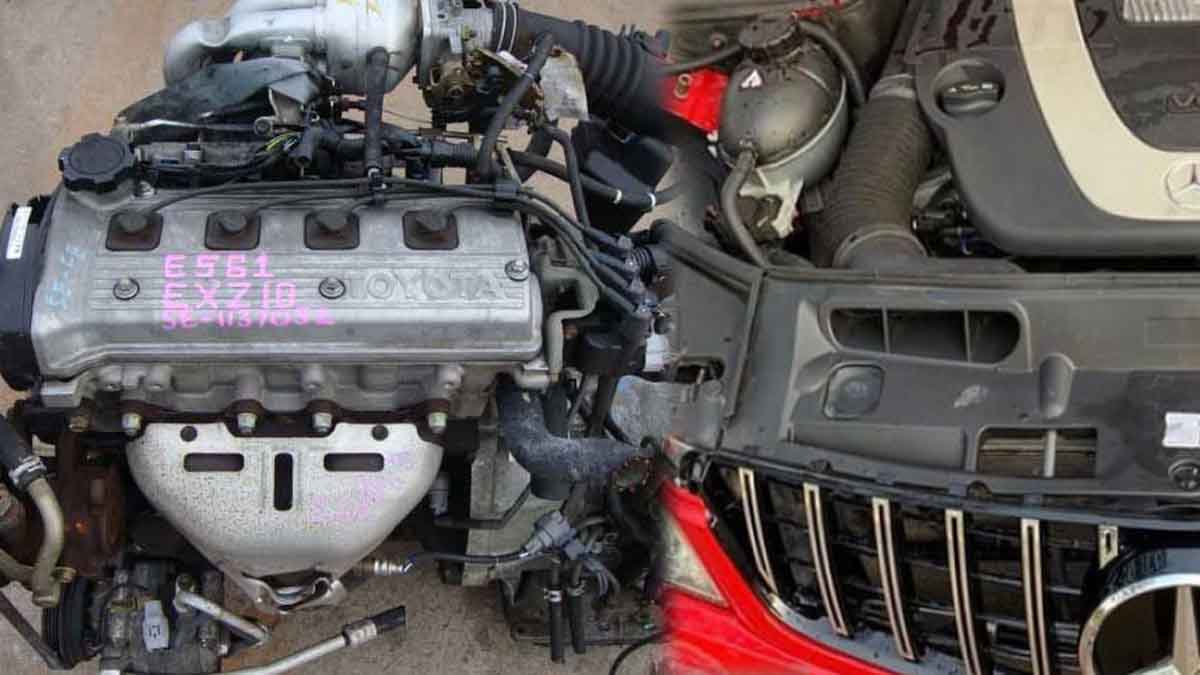
When buying a car engine in Nigeria, there are several factors to consider to ensure that you get the best engine for your needs. Here are some key things to keep in mind:
- Compatibility: It’s important to ensure that the engine you’re buying is compatible with your vehicle’s make and model. Check the specifications and compatibility information carefully before making a purchase. You may also want to consider buying an engine from the same brand as your car to ensure a good fit.
- Condition: Check the engine’s condition carefully. If possible, inspect it in person or have a qualified mechanic inspect it for you. Look for signs of wear, damage, or other issues that could affect performance or longevity. In Nigeria, it’s common to find imported used engines, so be sure to thoroughly check the engine before making a purchase.
- Mileage: The engine’s mileage can give you an indication of its overall condition and how much use it has had. However, it’s important to note that low mileage doesn’t necessarily mean a better engine, as factors such as maintenance, driving habits, and environmental conditions can all affect engine wear and tear.
- Reputation: Research the reputation of the engine brand and seller to ensure that you’re buying from a reputable and trustworthy source. It’s also a good idea to ask around for recommendations from other car owners and mechanics.
- Price: Compare prices and shop around to ensure you’re getting a fair deal. However, be wary of prices that seem too good to be true, as they may indicate a low-quality or faulty engine. In Nigeria, it’s common for engines to be sold at open markets and roadside shops, but it’s important to ensure that you’re buying from a reliable seller.
- Warranty: Check if the engine comes with a warranty or guarantee, and what it covers. A warranty can give you peace of mind and protect you from unexpected repair costs.
Buying a car engine in Nigeria requires careful consideration and research to ensure that you get the best engine for your needs and budget. It’s important to be vigilant and do your due diligence to avoid scams or low-quality products.
The optimum engine type for you will depend on your unique situation, so carefully consider all of your options before purchasing a new vehicle.
Have 1 million naira and above to Buy or Sell Cars In Nigeria? Check Carmart.ng RIght Now
All rights reserved. Reproduction, publication, broadcasting, rewriting, or redistribution of this material and other digital content on carmart.ng is strictly prohibited without prior express written permission from Carmart Nigeria - Contact: [email protected]
Stay informed and ahead of the New Car info! Follow The Carmart Blog on WhatsApp for real-time updates, Cheap Cars, and Latest new car content. Don't miss Any –
Join The Carmart Blog Channel

